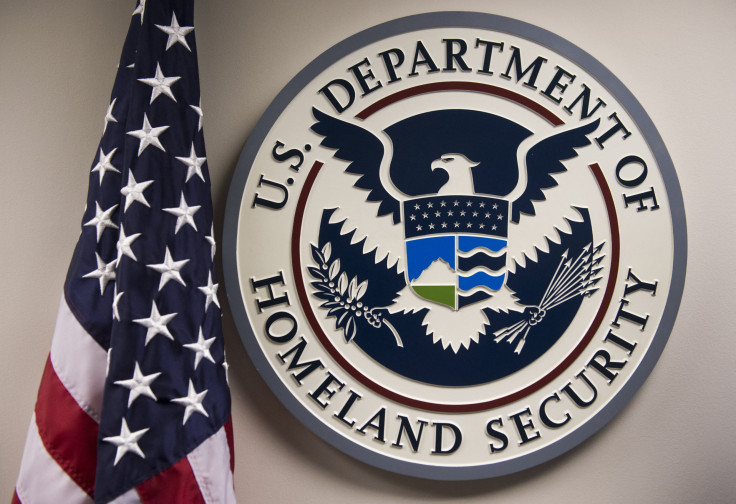
As the U.S. presidential election nears, both Kamala Harris and Donald Trump have outlined their approaches to border security. In Trump's case, he's proposed the "largest deportation operation in American history", something that has been echoed by his running mate, JD Vance, who suggested that mass deportation plans could '"start with 1 million" unlawful immigrants.
Harris, on the other hand, proposed her take on immigration as part of New Way Forward, her first comprehensive set of policies. The plan looks to continue what's been working during the Biden administration, while doing deeper into "tough, smart solutions to secure the border, keep communities safe, and reform our broken immigration system." She has also been vocal about denouncing Trump's "massive detention camps."
But whatever the election outcome is, one thing appears to be clear: each proposing policy that will place a significant burden on the Department of Homeland Security (DHS). At least that's what former DHS senior official Morgan Bailey laid out in a think piece for The Hill on Friday.
"At the heart of the problem lies both the scale of these agendas and the immense strain they will place on an already overextended immigration system — a system that many politicians and policy-makers label as broken or failing," said Bailey to start off the article. "This burden will fall most heavily on DHS components responsible for managing and enforcing immigration and border security."
While both candidates agree on the importance of border security, their approaches differ sharply. Harris's policies aim to manage and streamline immigration processes, while Trump's agenda focuses on restricting immigration and increasing enforcement. These divergent strategies reflect broader ideological divides in U.S. politics and will have significant implications for DHS.
According to Bailey, Harris' agenda presents familiar challenges for the DHS, although magnified, particularly in managing the current flow of immigrants while expediting the processing of certain cases deemed priorities. "This prioritization (which has already been attempted under the current administration), will create further backlogs and longer wait times for others," Bailey added.
In the case of Trump's plan, it relies heavily on the DHS' ability to enforce deportations, administer detention facilities and manage an increased emphasis on physical barriers, all of which require "significant financial resources, staffing and logistical coordination."
"For DHS, the crux of the issue is that the winning candidate will have to implement his or her policies through executive orders and similar exercises of executive authority," concludes Bailey, pointing to "decades of congressional inaction on border security and immigration legislation" which seem outdated in relation to the current influx of immigrants."
© 2025 Latin Times. All rights reserved. Do not reproduce without permission.





